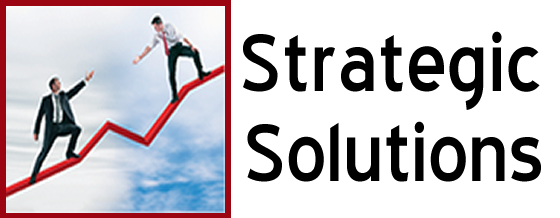But Do They Trust You?
You don’t know it all and you’re not ashamed to admit it. That’s good. It provides you with both opportunity, and a decided advantage over those leaders who claim to know it all.
They don’t, you know. They just have ego problems.
You don’t. You remain humble. You know the way to succeed is to check yours at the door every day.
Whether you’re just starting out, or have been in business for 50 years, you learn something new every day. There’s always someone who can teach you something you don’t know – even when you discover what you learned yesterday was wrong. You’re not ashamed to admit it either.
You understand that your business is based on trust. And trust means not pretending to know something you don’t know or be anything that you’re not. That’s what makes you authentically you.
You know that trust is earned. It isn’t given easily, and once it’s won, needs nurturing daily. You can’t miss a day.
The most important thing you’ve learned about your business over the years, is realizing that it’s not about you. It’s about what your employees and your vendors and your customers believe about you that can make you either a success or an abject failure.
It wasn’t always that way. In the beginning you thought it was all about you. It belonged to you. It was your baby. It was your ticket to success. But one day you had a wake up call. Yes, you owned your business, but it didn’t belong to you. It belonged to those you served – your customers, your employees, your community. You may sell a product, but your success was rooted in service. In relationships. By filling human needs in human terms.
That simple shift in perspective made all the difference.
Your customers, employees, associates learned they could trust you, although you never told them to. They saw it for themselves. You proved yourself time and time again. You never disappoint. They felt good about you. What’s more, they felt good about themselves in your presence. And so, they started to believe. In time, they trusted.
But you can’t rely on that. You need to keep growing. You need to bring new believers into the fold.
You can’t force someone to trust you. They need to come to that in their own time and in their own way. To trust is to risk. But it’s a risk most people are willing to take if they believe you.
Ernest Hemingway once said, “The best way to find out if you can trust somebody is to trust them.”
How can you inspire people enough for them to want to take a risk and trust you?
